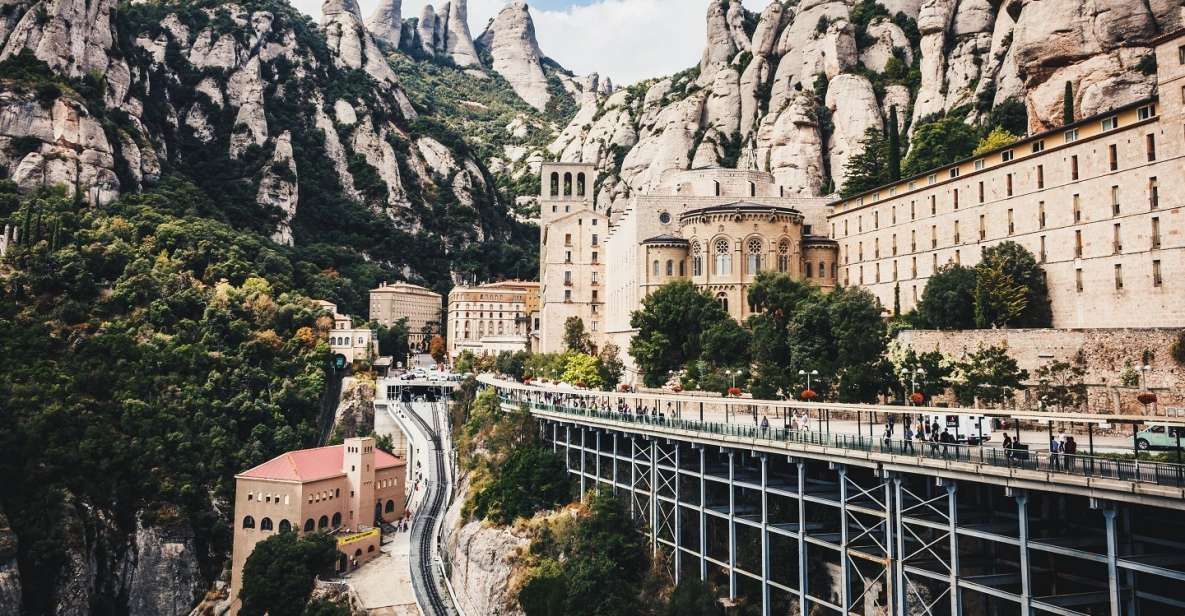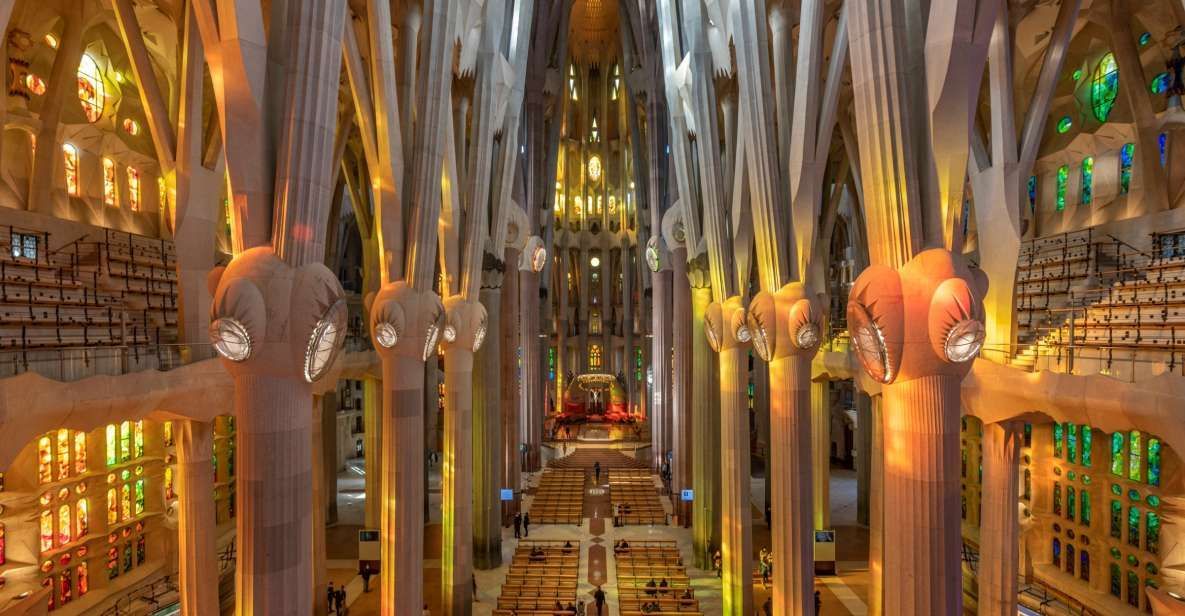🌆 Explore Cities & Regions In Nepal
How To Discover Nepal: Top Accommodations, Best Time to Visit, Cities of Interest, and More
Nepal, nestled in the heart of the Himalayas, is a land of majestic mountains, rich cultural heritage, and spiritual sanctuaries. From the towering peaks of Mount Everest to the serene lakes of Pokhara and the bustling streets of Kathmandu, Nepal offers a diverse array of experiences for travelers seeking adventure, tranquility, and cultural immersion. Understanding where to stay and how to choose the best accommodation is essential to making the most of your journey through this enchanting country. In this comprehensive guide, we’ll explore the best times to visit Nepal, highlight cities of interest, and provide essential tips for selecting the perfect place to stay.
Why Visit Nepal?
Nepal is a country steeped in natural beauty and cultural diversity, offering something for every traveler’s taste. The Himalayas dominate its northern landscape, attracting trekkers and mountaineers from around the world. Beyond its mountains, Nepal’s rich cultural heritage is evident in its ancient temples, monasteries, and vibrant festivals. Whether you’re exploring UNESCO World Heritage sites in Kathmandu Valley, embarking on a trek to Everest Base Camp, or unwinding in the tranquil hills of Nagarkot, Nepal promises an adventure like no other.
When is the Best Time to Visit Nepal?
Choosing the best time to visit Nepal depends on the experiences you seek and the regions you plan to explore. Nepal experiences four distinct seasons:
Autumn (September to November)
Autumn is widely considered the best time to visit Nepal. During this season, the weather is clear, dry, and mild, offering excellent visibility of the Himalayas. It’s the peak trekking season, with popular routes like the Annapurna Circuit and Everest Base Camp attracting trekkers seeking panoramic mountain views and cultural encounters. Festivals such as Dashain and Tihar add color and cultural richness to Nepal’s cities and villages.
Winter (December to February)
Winter in Nepal brings colder temperatures, especially in higher altitude regions. While trekking at higher elevations may be challenging due to snowfall, lower altitude regions like Kathmandu and Pokhara offer pleasant weather for sightseeing and outdoor activities. The clear skies provide stunning views of the snow-capped mountains, making it an ideal time for photography and cultural exploration.
Spring (March to May)
Spring is another popular time to visit Nepal, characterized by mild temperatures and blooming rhododendrons in the hills. The trekking trails come alive with vibrant colors, and the weather is ideal for outdoor activities such as trekking, rafting, and wildlife viewing in national parks like Chitwan and Bardia. The Nepali New Year (Nepal Sambat) and Buddha Jayanti are celebrated during this season, offering unique cultural experiences.
Monsoon (June to August)
The monsoon season brings heavy rainfall to Nepal, especially in the southern plains and central hills. While trekking in the Himalayas is challenging due to muddy trails and leeches, the monsoon rejuvenates Nepal’s landscapes, creating lush greenery and swelling rivers. The monsoon is a good time to visit rain-shadow areas like Upper Mustang and Dolpo, where the rain shadow effect keeps the region relatively dry.
Cities of Interest in Nepal
Kathmandu
Kathmandu, the capital city of Nepal, is a bustling metropolis that blends ancient traditions with modern developments. The city is home to UNESCO World Heritage sites such as Durbar Square, Swayambhunath Stupa (Monkey Temple), and Pashupatinath Temple. Visitors can explore narrow alleyways lined with shops selling handicrafts and local cuisine, making Kathmandu a cultural and historical hub.
Pokhara
Pokhara, nestled at the foot of the Annapurna mountain range, is a serene lakeside city renowned for its natural beauty and outdoor activities. Phewa Lake, the second-largest lake in Nepal, offers boating and stunning views of the surrounding mountains. Pokhara is also a gateway to popular trekking routes like the Annapurna Circuit and offers opportunities for paragliding, zip-lining, and visiting the World Peace Pagoda.
Bhaktapur
Bhaktapur, an ancient city in the Kathmandu Valley, is known for its well-preserved medieval architecture and traditional Newari culture. Durbar Square in Bhaktapur is a UNESCO World Heritage site featuring intricately carved temples, palaces, and courtyards. Visitors can wander through narrow alleys lined with pottery shops, sample local delicacies like Juju Dhau (Nepali yogurt), and admire the city’s rich artistic heritage.
Lumbini
Lumbini, located in the southwestern plains of Nepal, is the birthplace of Lord Buddha and a UNESCO World Heritage site. The sacred garden at Lumbini is home to Maya Devi Temple, where Buddha was born, as well as monasteries built by Buddhist communities from around the world. Lumbini offers spiritual tranquility and opportunities for meditation and reflection amidst serene surroundings.
Patan (Lalitpur)
Patan, also known as Lalitpur, is renowned for its fine arts, ancient palaces, and well-preserved Newari architecture. Durbar Square in Patan features ornate temples such as Krishna Mandir and the Golden Temple, showcasing exquisite wood carvings and metalwork. The city is a center for traditional handicrafts, including metal statues, woodcarvings, and intricate Thangka paintings.
How to Choose the Best Accommodation in Nepal
Choosing the right accommodation in Nepal can enhance your travel experience and provide comfort after a day of exploration. Here are some tips to help you find the perfect place to stay:
Location and Accessibility
Consider the location of your accommodation in relation to the attractions and activities you plan to experience. In Kathmandu and Pokhara, centrally located hotels offer easy access to cultural sites, restaurants, and shops. For trekking adventures, choose accommodations in gateway towns like Lukla (for Everest region) or Nayapul (for Annapurna region) that provide convenient access to trekking trails.
Accommodation Types
Nepal offers a variety of accommodation options to suit different budgets and preferences. From luxury hotels and resorts to budget guesthouses, tea houses (lodges) along trekking routes, and homestays in rural villages, there are choices for every traveler. Consider the amenities, services, and cultural experiences offered by each accommodation type to find one that best suits your needs.
Reviews and Recommendations
Read reviews and recommendations from fellow travelers on websites like TripAdvisor, Booking.com, and Lonely Planet. Reviews provide insights into the quality of service, cleanliness, and guest experiences at different accommodations in Nepal. Look for properties with positive reviews and high ratings to ensure a pleasant stay.
Cultural Immersion
For a deeper cultural immersion, consider staying in accommodations that offer opportunities to interact with locals and participate in traditional activities. Homestays in rural villages, community-run lodges along trekking routes, and heritage hotels in historic cities provide authentic Nepali experiences, including local cuisine, cultural performances, and guided tours of nearby attractions.
Conclusion
Nepal, with its awe-inspiring landscapes, ancient heritage, and warm hospitality, offers a journey of discovery and adventure for travelers from around the globe. Whether you’re trekking in the Himalayas, exploring ancient temples, or immersing yourself in local culture, Nepal captivates with its natural beauty and spiritual richness.
Choosing the right accommodation is key to enhancing your Nepali experience, providing comfort, convenience, and opportunities for cultural exchange. Use the tips and recommendations provided to find the perfect place to stay and embark on a memorable journey through this Himalayan kingdom. Start planning your Nepal adventure today and prepare to be enchanted by its majestic mountains, vibrant culture, and welcoming people.



